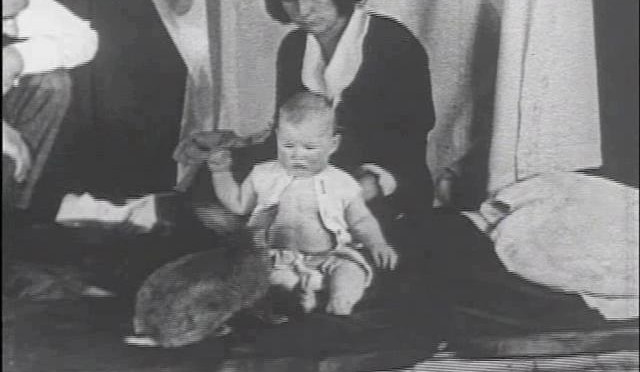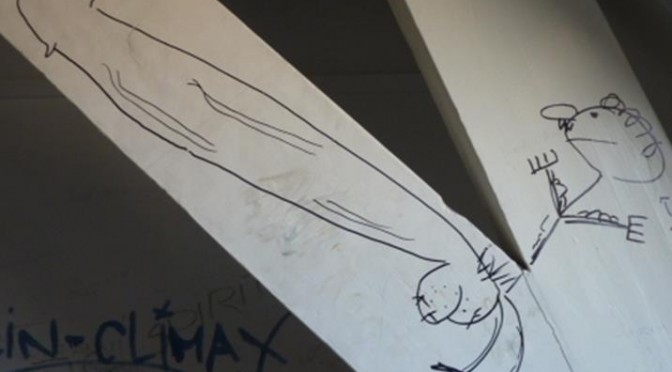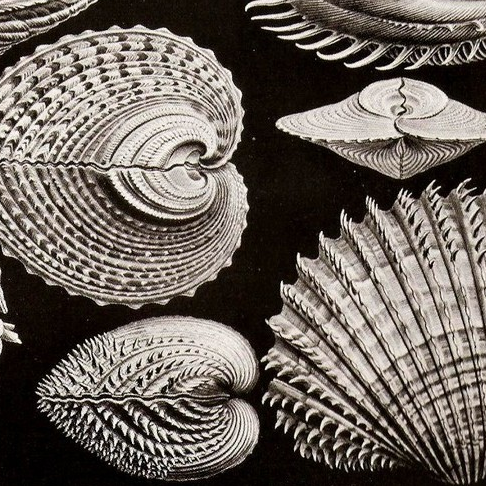Category: Social sciences
-

Adolphe Quetelet: a statistical method for all
Statistics form the methodological basis of a large variety of disciplines, from humanities to the natural sciences. These statistical methods have their roots in nineteenth-century statistical thinking. Statistical thinking in the nineteenth century could mean different things for different thinkers. We recognise three main trends. First, the practitioners of state sciences, who were called statisticians,…
-

The Forgotten Nooks and Crannies of Scholarship
There is no such thing as the typical scientific journal: some are highly specialized, while others focus on a very narrow field of knowledge; some target a small audience of highly-specialized peers, while others aim to serve a wider audience; some are product of one individual’s committed efforts, others are, in a way, the club…
-

‘Ein herrenloses Zwischenland’: Max Weber and Willy Hellpach, ‘social pathology’, and the sciences and humanities
In 1905 the psychologist Willy Hellpach submitted a manuscript to the Archiv für Sozialwissenschaft und Sozialpolitik, a journal led since 1903 by Edgar Jaffé and edited primarily by the well-known scholars Werner Sombart and Max Weber. Hellpach’s article concerned the notion of ‘social pathology’ as a possible scientific perspective on particular diseases, like alcoholism and…
-

Probing the Boundary between Knowledge and Science in the History of Psychology: The Late Antique Roots of Introspection
The period of transition from classical antiquity to the Middle Ages, known as late antiquity, gave rise to some of the elements that have since constituted the identity of the Western self. It also gave rise to new lines of psychological investigation, of which Western psychology is the remote heir. Psychology, however, did not exist…
-

What’s on the mind of the psychometrician?
Many of the figures that historians write about died a long time ago. To gain insight into their lives, historians investigate sources that have in fact survived the test of time. But what would it be like to ask Isaac Newton a question in person? And what would you ask him? Isaac Newton has passed…
-

Card files of the self
Every generation gets the self-help book it deserves. From the nineteenth-century Marriage Manual to the more recent The 4-hour Work Week (2007), books have been telling us how to cope with life. The promises of these books were—and still are—based on new or recycled knowledge about psychology, health, and business, and on common sense advice…
-

The History of Mathematics in Economics: What we can learn about the crisis
This contribution is the final post in the four-part blog series on the history of mathematics in economics. For the first post on Philip Mirowski’s account of Irving Fisher, which also introduces the series, click here. For the second post on Marcel Boumans’s study of Jan Tinbergen, click here. For the third post on E.…
-

The History of Mathematics in Economics III: Debreu, or How the Truth is in the Mathematics
This contribution is the third post in the four-part blog series on the history of mathematics in economics. For the first post on Philip Mirowski’s account of Irving Fisher, which also introduces the series, click here. For the second post on Marcel Boumans’s study of Jan Tinbergen, click here. The previous contributions in the series…
-

The History of Mathematics in Economics II: Jan Tinbergen, Paul Ehrenfest and Formal Analogies
This contribution is the second post in a four-part blog series on the history of mathematics in economics. For the first post, which also introduces the series, click here. My previous contribution on Mirowski painted a grim picture of the role of mathematics in economics: Irving Fisher, one of the saints of neoclassical economics, had…
-

The History of Mathematics in Economics I: Mirowski, Fisher and the Conservation of Energy
As the dust settles in the aftermath of the economic crisis, we are left to contemplate the nature of the shock that hit us in 2008. Much of the initial debate concerned the ethics of the financial sector: many of the world’s most powerful institutions had been at best naïve and at worst thoroughly perverted…
-

On little boys and furry animals – or what happened to Little Albert?
By Ivan Flis Every scientific discipline has its famous experiments. The case is no different for psychology. In the company of famous psychological experiments, one study is often mentioned as the fulcrum of the behaviorist revolution of American psychology – the story of a little boy named Albert and the attempt to teach him fear.
-
Incredibly Obscene Research in the Age of Purity: Four Pioneering Studies on Toilet Graffiti
By Hans Schouwenburg In a previous article I showed how fraternity students in the Utrecht University Library use phallic symbols to define their mutual identity vis-à-vis other groups. This time, I will look at the researchers who have studied toilet graffiti. I will review four pioneering studies on the subject that were published in the…
-

The Tale of the Four Foot Phallus
By Hans Schouwenburg Until its renovation in 2010, the former Arts and Humanities Library of Utrecht University (Letterenbibliotheek) housed a rather unusual treasure. It was not a rare book, incunabulum, or any other peculiar curiosity from the special collections. Nor was it proudly displayed in a cabinet or carefully stored on a bookshelf. In fact,…
